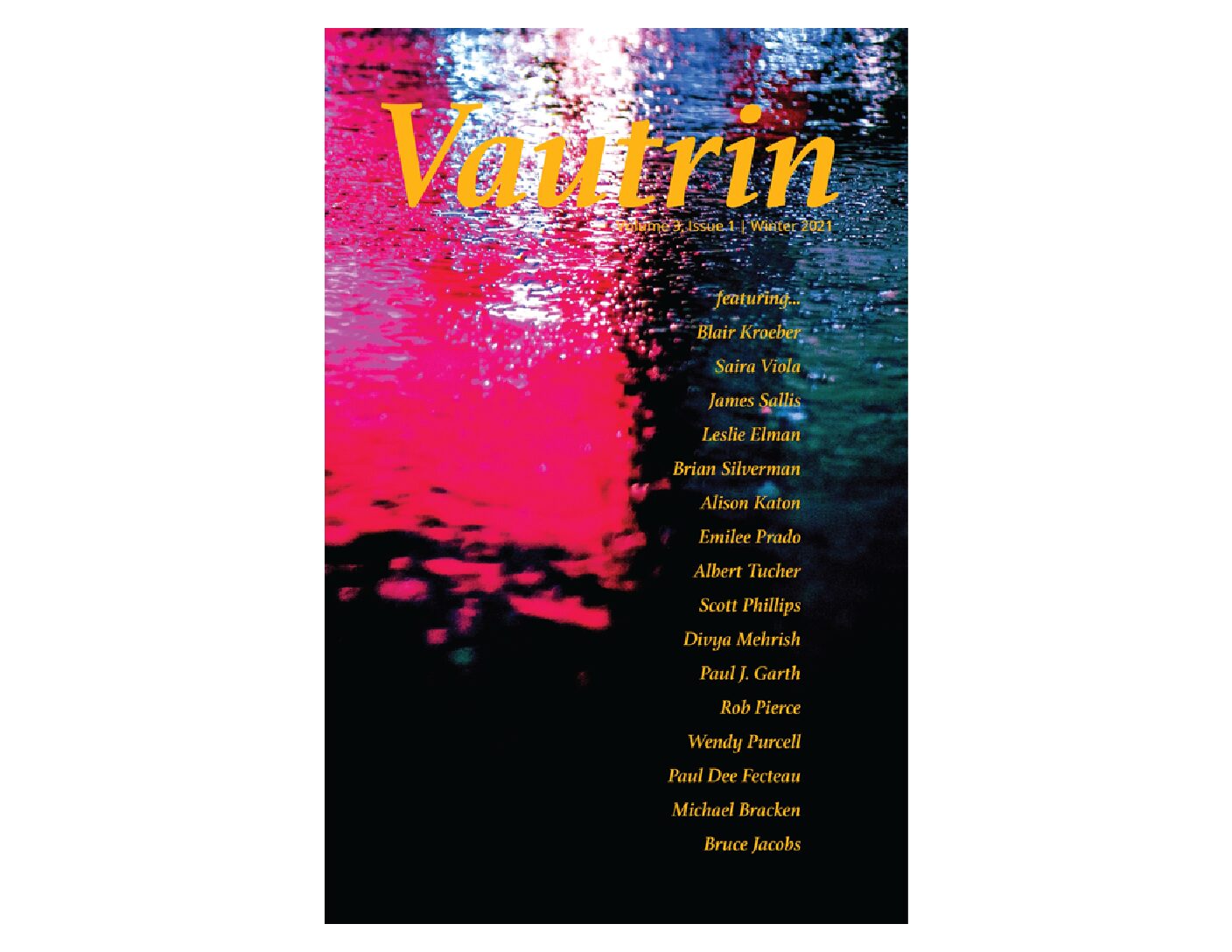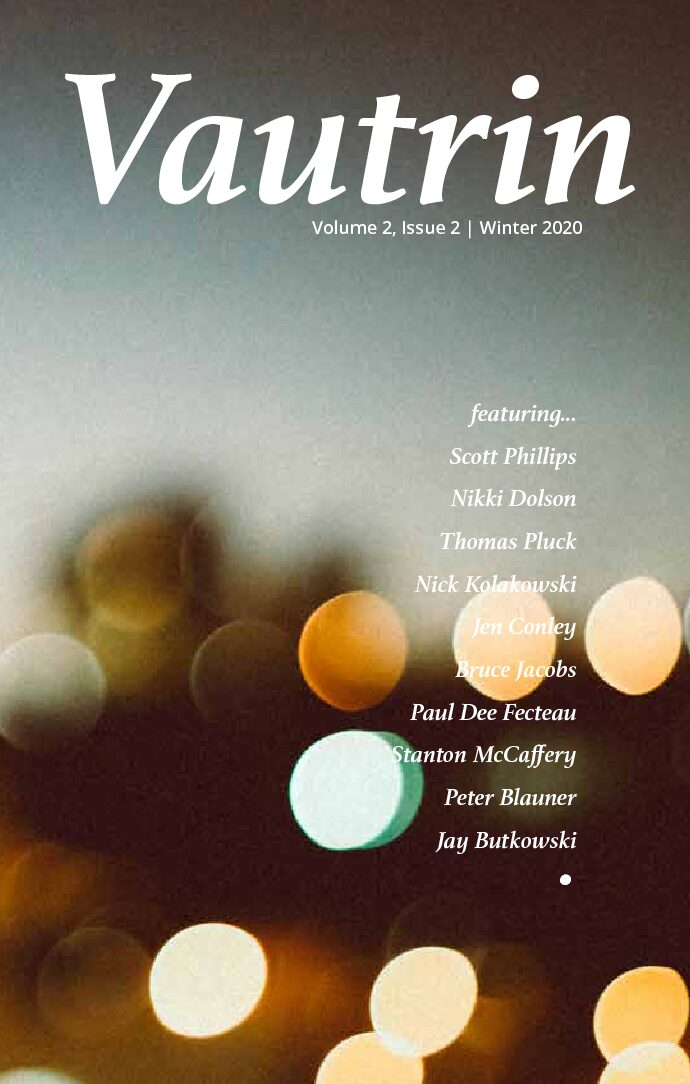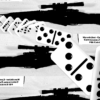By Elgin Tolliver /
I don’t need to check with Nate Silver before I make the following prediction: forty-nine percent of Americans will disagree with what I say about charisma, who has it, who doesn’t.
In this, my new column about books, I’ll occasionally talk about charisma as it applies to first-person narrators, mostly in fiction.
But let me firm up my prediction by pointing out that JFK, who’s as likely as anyone to be attributed with charisma, only eked out a narrow win over the jowly, crooked, charisma-less Nixon. There’s nothing I can do about the forty-nine percent. You could set them up with the holiest of ganja and they wouldn’t cop a buzz.
How controversial will it be to say that Tim Madden in Norman Mailer’s novel, Tough Guys Don’t Dance, has charisma? In that intricate if strangely plotted murder mystery, Madden meanders through the labyrinth like a wounded, virtuoso horn player round midnight.
And which of us can quarrel with his one-liners? “Short-term amnesia is not the worst affliction if you have an Irish flair for the sauce.”
Madden’s magic extends to intensified poetic effects when he ventures into the Truro woods and discovers something other than marijuana in his stash.
He’s a cat who can talk about ghosts.
Yet, I still remember George V. Higgins didn’t dig it. Wasn’t in the mood, apparently. Higgins himself came up with a fairly luxurious first-person narrator in those novels about the Boston criminal defense lawyer, Jerry Kennedy. In fact, Jerry meanders just a bit in Penance for Jerry Kennedy as well as Defending Billy Ryan.
Maybe it was the ghosts that bugged ole George. (As the smallest of small-time book reviewers, I almost want to invite George and Norman to my grandma’s house, have them feast on ravioli, my uncle walking around with vino, topping off people’s glasses every five minutes, and say, “Look, guys, here’s the thing. Madden and Jerry K can both have charisma, all right? There’s plenty of food, wine, and readers to go around.”)
Post-2000, I’m rolling with Kate Christensen. A set of swinging brass stones in The Epicure’s Lament.
Hugo Whittier narrates that one. He holes up in a dilapidated familial mansion to smoke, drink and generally make sublime entertainment out of indulging his lousy attitude as he gets himself into jams.
In The Epicure’s Lament, as in Tough Guys, it’s all about the asides. The speaker lets it all hang out.
Or take the narrator in Dostoevsky’s The Gambler. You pick up with Alexei Ivanovich as he recalls, in his notes, his disastrous affairs, his ups and mostly downs at the roulette wheel. Like Madden in Tough Guys, when Alexei enters the gambling den in the throes of his addiction, he captures the intensity of the moment, the frenzy of winning and losing.
The other thing about Alexei’s narration is what’s afoot with time itself. You get the skinny as he only just walked out of the gambling den, where he lost his ass. From that vantage point, he reflects on the recent past and tries to talk his way into a better future. But he’s too close to the event. He can’t really see where he’s going.
Mailer and Dostoevsky both knocked out their aforementioned novels in shortened time frames due to deadlines and debt. Kicking it right in the ass under pressure.
I can’t remember how long it took Christensen to craft The Epicure’s Lament. But Hugo is as holy as the others.













